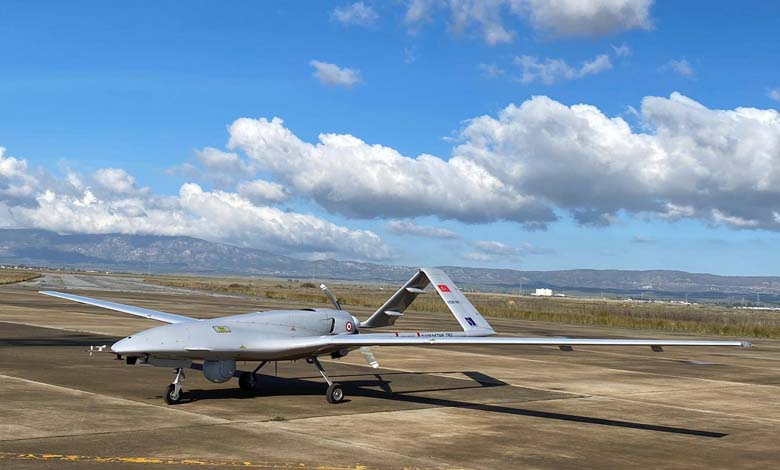When Weapons Are Tested Outside Laboratories: Turkish Drones in Sudan and the Unveiling of an Overlooked Truth

Turkey has long taken pride in its defense industry, showcasing its drones as decisive tools in winning conflicts and reshaping the balance of power, as seen in Libya and Azerbaijan. However, the recent events in Sudan—particularly over North Kordofan and areas controlled by the Rapid Support Forces—have revealed another side not highlighted in Turkish military media: failure to penetrate defenses and vulnerability in the face of an unconventional opponent.
-
Turkey’s Interventions in Sudan: Political and Economic Ambitions Amid Political Transitions
-
Turkey Supplies Drones and Weapons to Sudanese Army, Used to Kill Civilians and Displace Them
Following the lack of tangible results from its strategic Bayraktar Akıncı drones in Sudan, Turkey deployed its kamikaze drones, the Yiha, into the battlefield. These drones were expected to be smart weapons, capable of striking enemy air defenses with precision and speed. Yet the Sudanese battlefield demonstrated that no matter how advanced the technology may be, it becomes ineffective if it fails to consider the terrain, the nature of the enemy, and their unexpected tactics.
With limited resources but remarkable tactical flexibility, the Rapid Support Forces managed to shoot down these drones one after another, preventing them from fulfilling their missions. Ironically, this type of drone was originally designed to defeat exactly the kind of air defenses used by Sudanese army opponents, raising serious questions about the system’s effectiveness and the validity of the standards promoted by Ankara.
-
The gold alliance between Sudan and Turkey: Political and Economic Exchange
-
Turkish drone strategy tested in Sudan: the failure of Bayraktar and Yiha reveals the limits of Ankara’s military influence
This failure carries implications beyond the military domain. As Turkey aims to expand its geopolitical influence in Africa, it viewed Sudan as a strategic entry point through military and political support to the Port Sudan administration. However, what happened in Sudan’s skies may disrupt those calculations and complicate Ankara’s efforts to build new alliances across Africa and the Middle East.
Even more concerning is the potential damage to the reputation of Turkish defense products. In a competitive global market filled with alternatives from countries such as Iran, Israel, the United States, and China, any field failure quickly becomes a liability in arms trade negotiations and procurement deals.
-
Turkish drones in Sudan: when weapons fail and intentions are exposed
-
Islamists and the Army: An Alliance That Sends Sudan Back to Square One
What makes this setback particularly sensitive is that Turkish drones represent more than combat tools: they symbolize national technological prestige and strategic independence. Therefore, their failure in Sudan isn’t merely a military loss, but also a political and diplomatic blow that could have long-lasting repercussions on Turkey’s ambitions to project power through exports.
Sudan, now a stage for regional and international conflict, may also prove to be an unforgiving test bed for the credibility of technological narratives. It is evident that the Sudanese skies did not merely witness the fall of drones, but also exposed the fragility of several bold assumptions.












